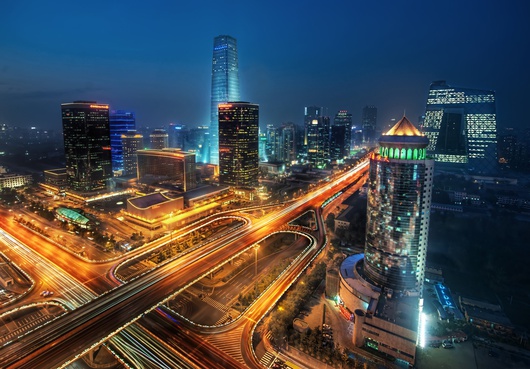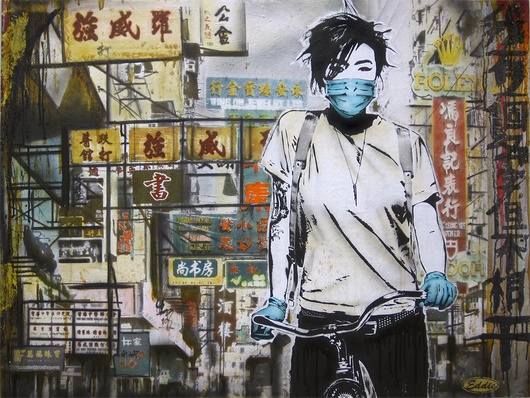A brief guide: EU-China Summit on Valentine's Day, 2012
Published on
The big guys from the European Union and China are holding their fourteenth edition of talks on 14 February 2012 in Beijing, but what about the little ones outside China, who have sought refuge in a country of the EU?
 Take Liao Yiwu, a dissident writer who fled to Germany via Vietnam and Poland in the summer of 2011, to seek refuge from Chinese government persecution. (We should perhaps be writing more articles about how people actually escape a country they are under threat in, logistics wise...)
Take Liao Yiwu, a dissident writer who fled to Germany via Vietnam and Poland in the summer of 2011, to seek refuge from Chinese government persecution. (We should perhaps be writing more articles about how people actually escape a country they are under threat in, logistics wise...)
Human rights in China is a worry for other European countries too. On 8 February Italy passed a resolution showing the country's commitment to the human rights record in Tibet. It's one of the issues they'd most like to see tackled at the summit on 14 February, and which does actually make up one of the points on the programme. We need China's support on a UN level to stop the abuses taking place in countries such as Syria.
Bilateral relations between China and the EU only started officially in 1995. The summit, which has taken place annually since its first edition in London in 1998, usually between Beijing and the European country running the rotating presidency of the European council at the time, is already a big talking point. It was cancelled in 2008 after a man called the Dalai Lama was an invitee at the EU.
After the US, China is the second biggest trading partner for the EU (€395 billion in 2010), and so often talks centre around market access or the value of the yuan. These kind of questions are important; it's no secret the EU needs China to help rescue it in the middle of its crisis - keywords eurozone, bailout, debt...
 Exporting goods is one thing. When are the fat cats going to export goodwill? So far the EU and China work together to fight pirates, to set up business schools and launch 'erasmus-style' university partnerships, to tackle climate change. China has even been a European literary guest of honour on a state level. 2012 also marks the official EU-China year for cultural relations (it's officially the year of intercultural dialogue). Surely it's intercultural dialogue to talk about the Chinese people such as Nobel peace winner Liu Xiabo, who have to escape to the EU to survive, though they much want to live in China and be free, or live a life in detention.
Exporting goods is one thing. When are the fat cats going to export goodwill? So far the EU and China work together to fight pirates, to set up business schools and launch 'erasmus-style' university partnerships, to tackle climate change. China has even been a European literary guest of honour on a state level. 2012 also marks the official EU-China year for cultural relations (it's officially the year of intercultural dialogue). Surely it's intercultural dialogue to talk about the Chinese people such as Nobel peace winner Liu Xiabo, who have to escape to the EU to survive, though they much want to live in China and be free, or live a life in detention.
Read cafebabel.com's recent special edition on China in the year of the dragon from a young, pan-European perspective here.
Images: (cc) Stuck in Customs; (cc) eddie/ both via flickr



